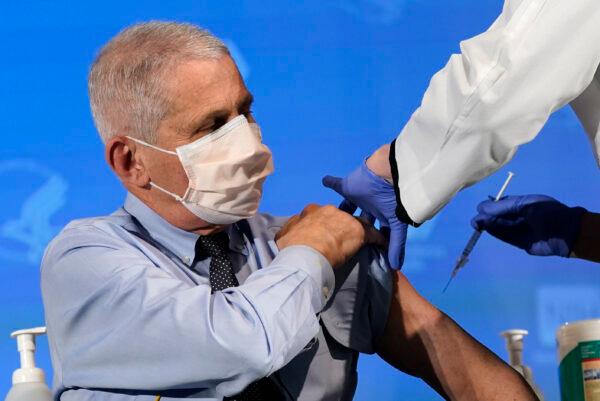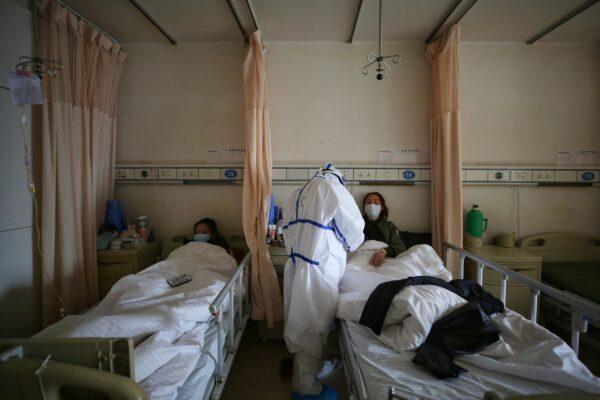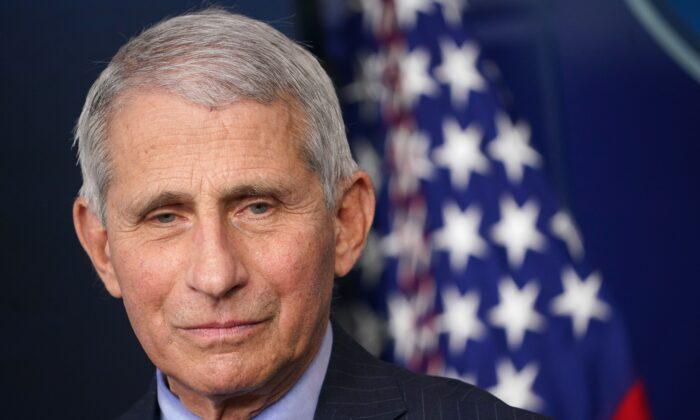White House chief medical advisor Dr. Anthony Fauci has suggested that Australia mirror America’s COVID-19 vaccine rollout model.
“We had an inconsistent response, which allowed us ... to really do worse than essentially any other country,” the director of the National Institute of Allergy and Infectious Diseases in the United States said. “What (President Biden) has done, for example, is open up community vaccine centres, get vaccines to the pharmacies, develop mobile units to go out to get the people who are in poorly accessible areas.”

Currently, the United States has mobilised retired physicians, military personnel, nurses, and medical students to facilitate the roll-out of as many vaccinations as possible.
“And it works—the day before yesterday we had 4.6 million vaccinations performed in a single day,” Fauci said.
Australia on the other hand, which unlike America is a low COVID-19 prevalence environment, has fared much better than other nations but has not achieved its initial goal to immunise 4 million people by the end of March.
Prime Minister Scott Morrison has now sought to work with state and territory leaders to find a solution to the obstacles hampering the rollout timetable, such as supply issues and new expert medical advice against people under 50 getting the AstraZeneca jab.
Fauci then suggested that the Australian government, which has administered an estimated 1.29 million vaccine doses, make the rollout the number one priority given the emergence of new virus variants that Fauci argued could impact the efficacy of the vaccines.
“I am always concerned about variants in general,” Fauci said, noting that the South African variant of COVID-19 was capable of diminishing the current vaccine efficacy against infection.
“As long as there’s the dynamic of virus replication somewhere, there will always be the threat of the emergence of variants, which could then come back,” he said. “And even though most of the rest of the world is vaccinated, it can threaten the world that has felt that they’ve controlled the virus when they’re still quite vulnerable.”

Fauci also noted that he believes that the Chinese Communist Party’s (CCP) secrecy during the initial outbreak hindered the global response to the pandemic.
CCP officials knew in early December 2019 that the virus had appeared in Wuhan but they sat on the information for six weeks. They arrested those who tried to warn of the danger, accusing them of spreading “rumours,” and employed the regime’s rigorous censorship to prevent media coverage and to delete any mentions of the emerging crisis from social media.
“One of the things that prevented us from knowing right off it was going to be a big deal was the early lack of transparency on the part of China, which is really unfortunate,” Fauci said.
“Not all Chinese, but the Chinese officials, because scientists that had been our colleagues for years in some respects, some of them were not allowed to really openly talk about it,” he said.




